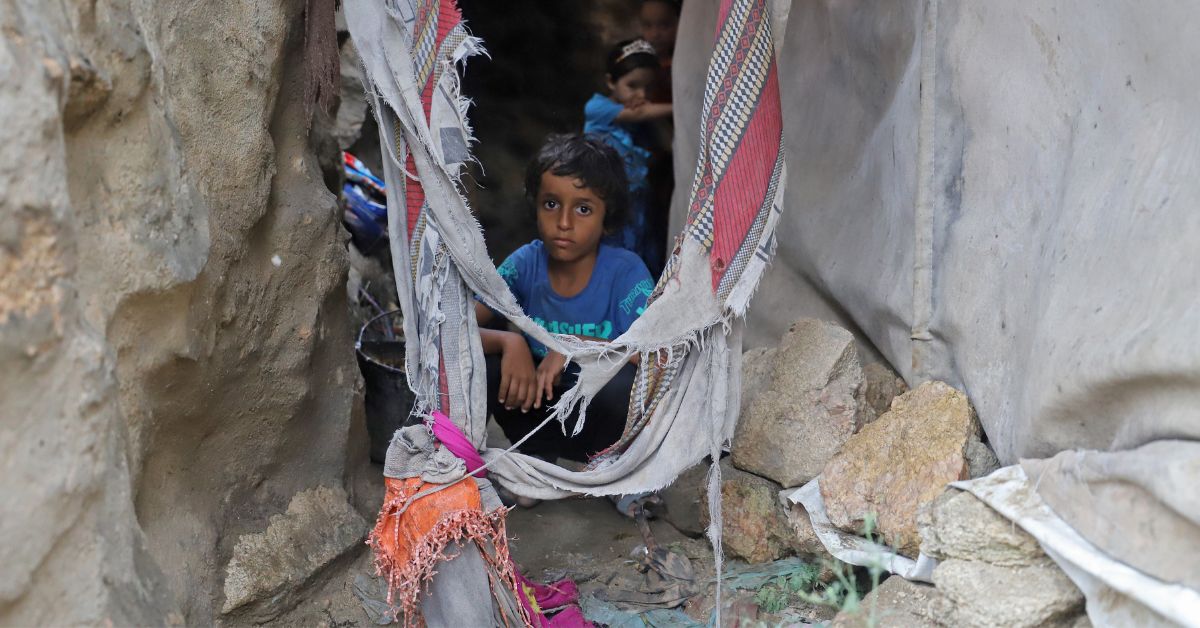RIYADH – Saudi Arabia has rejected a Human Rights Watch report which alleged that its border guards fired “like rain” on Ethiopian migrants trying to cross into the Gulf kingdom from Yemen, killing hundreds since last year.
The allegations, described as “unfounded” by a Saudi government source, point to a significant escalation of abuses along the perilous route from the Horn of Africa to Saudi Arabia, where hundreds of thousands of Ethiopians live and work.
A Saudi government source told AFP that the allegations were unreliable. “The allegations included in the Human Rights Watch report about Saudi border guards shooting Ethiopians while they were crossing the Saudi-Yemeni border are unfounded and not based on reliable sources,” said the source, requesting anonymity.
HRW researcher Nadia Hardman had said “Saudi officials are killing hundreds of migrants and asylum seekers in this remote border area out of view of the rest of the world,” according to a statement.
The New York-based group has documented abuses against Ethiopian migrants in Saudi Arabia and Yemen for nearly a decade, but the latest killings appear to be “widespread and systematic” and may amount to crimes against humanity, it said.
Last year, United Nations experts reported “concerning allegations” that “cross-border artillery shelling and small-arms fire by Saudi Arabia security forces killed approximately 430 migrants” in southern Saudi Arabia and northern Yemen during the first four months of 2022.
In March that year, repatriation of Ethiopians from Saudi Arabia began under an agreement between the two countries. Ethiopia’s foreign ministry said about 100,000 of its citizens were expected to be sent home over several months.
The HRW report said there was no response to letters it sent to Saudi officials.
But the Houthi rebels who control northern Yemen alleged “deliberate killings of immigrants and Yemenis” by border guards, in response to a letter from HRW.
According to the rights group, migrants said Houthi forces worked with people smugglers and would “extort” them or keep them in detention centres where they were “abused” until they could pay an “exit fee”.
The Houthis denied working with people smugglers, describing them as “criminals”. In 2015, Saudi officials mobilized a military coalition in an effort to stop the advance of the Iran-backed Houthis, who had seized the Yemeni capital Sanaa from the internationally recognized government the previous year.








